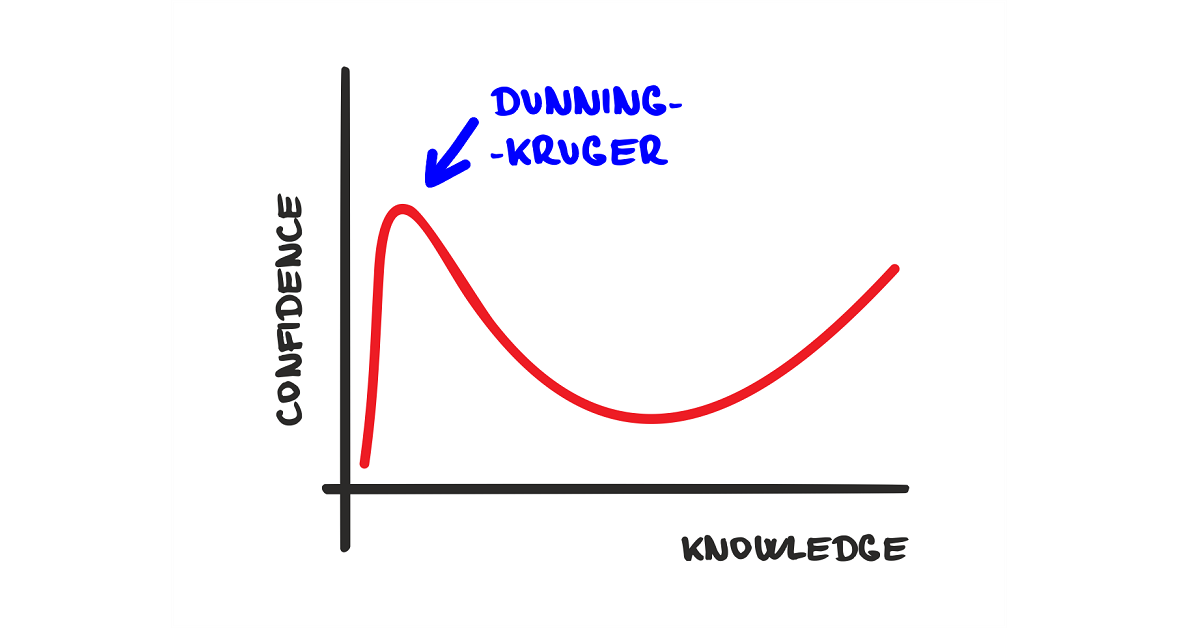
In their book ‘The Lost Art of Running’ Shane Benzie and Tim Major talk about research that was undertaken with athletes that sought to explore their running gait and style. The research was conducted indoors on a treadmill so that the researchers could control conditions. They watched the athletes and learnt lots about how they ran and offered suggestions to improve. They runners got better at running.

They then moved outdoors and…. the improvements disappeared. The changes didn’t work the same. Because outdoors – real life if you like – isn’t the same as in the lab. The runners still used what they had learnt but had to re-engineer and, in some cases, relearn some of what they knew. Social Work is the same. What you learn at University and what you learn on placement gets you through the door and you then need to transfer that knowledge into the real world of practice.
Croisdale-Appleby noted this in the 2014 report Re-visioning Social Work Education and said ‘the first year of practice is absolutely vital for social workers as they consolidate the learning from their degree and develop new knowledge and skills in their first employment setting’

Playing the guitar
Let me give you another example. I’m a guitarist and have taught many people over the years to play the basics. If I was to hand someone a guitar they would intuitively know what to do with it…. to a point. They would know not to try and blow into it like it was a wood instrument. They would know it wasn’t something to help them with cooking. They would probably pluck the strings. I’d then teach them a little theory. Which string needs to be tuned to which note and what shapes to place your fingers in on the fret board to make chords to strum. We’d then practice. We’d replay, over and over again, the same shapes and learn to change between them. Over time we’d learn to play a song with the chords we had learnt and invariably the student says I’d like to play ‘song x’. So you look at ‘song x’ and realise that the guitar student knows most of the chords but needs the chord of F to play it all. F is not an easy chord for a beginner. They feel like they are back to square one and their confidence takes a knock. But over time (a long time) they overcome this, learn F, and a whole other set of chords, and they become proficient enough to play with other people and maybe join a band. They have to learn to then play in time with others… this is not as easy at it sounds. Then… someone might ask them to improvise a guitar solo which they’ve never done before so they use their intuition! ….based on the theory they know and the practice they have done Full circle! And the first time they do it it may well be alright but it might not be brilliant but they’ll practice and it will get better
Intuition > Theory > Practice > Time > Intuition (or as we call it Practice Wisdom)

Starting in practice
Evidence from Grant Sheridan and Webb (2017) suggests that newly qualified social workers felt ‘quite well’ or ‘very well prepared’ for practice in general. However, when this is broken down into preparedness for specific tasks, confidence levels drop. Essentially I’d suggest this is because specific tasks are often context specific (the type of social work you are doing and the organisation you are doing it in) and role specific – that is – not generic. You have to reapply the skills from the treadmill on the outdoor running track.
The conclusion of formal social work education is only one layer of the learning experience which is continuous throughout your career (or should be).
They also found that respondents felt most prepared to ‘promote and enable’ (89 per cent) and least prepared to ‘intervene and provide’ (32 per cent). Again because intervene and provide is context specific whereas promote and enable has a more value base feel about it. Respondents in the study reported feeling ready to conduct assessments, build relationships and communicate but less prepared for commissioning services and dealing with IT systems. Well they would because you can’t teach this as it is too organisation specific. They said they felt prepared for applying theory and demonstrating values but not for caseload management. It’s not the face to face work that seems to cause the stress but the ‘office’ function the research tells us.
The Dunning-Kruger effect
There is also something else going on that relates to the Dunning-Kruger effect. There are certain points in our lives where we are likely to overestimate our abilities and feel quite confident. Usually when we have achieved something that has taken great effort. Like completing a degree or securing a promotion or becoming a manger… or becoming a lecturer! The problem occurs when you transition from something where you are at the top of your game and you have to translate that knowledge into something else. This transition tends to undermine your confidence and you feel like an imposter.

Moving from being a student into practice is one such transition. You’ve just graduated and you know loads of stuff. You’ve just had a great placement and a got a good mark for your dissertation and then you have to translate the knowledge you have (which is valuable) into the new practice environment. You are likely to feel immediately out of your depth and like you know nothing and your confidence will take a hit.
At this point you need to remember some things. This feeling is completely normal for us all, to one degree or another, when we transition. You do know loads of stuff you just need to rework that knowledge into a new environment – stay calm. When transitioning it’s essential to stay focussed and organised. You are going to have to ‘lean into’ this for a while and it will take pretty much all of your energy. As in the diagram above your confidence will take a hit but apply the theory, engage in practice, take your time, and you will develop the practice wisdom to climb up that curve again….. and next time you transition you are likely to have to go through the same process again! Joy!
Remember your degree can not completely prepare you. It can only give you what you need to get started. It gets you the key to the door. Like people say about driving a car. You only really learn to drive a car after you’ve passed your driving test. This is the same. You are qualified, you are good enough, you can do this… but… the transition is going to be difficult and now you know that you can prepare for it.

- Have growth mindset, a positive attitude, and that will help.
- Keep on top of your planning and organisation and take time out for yourself.
- Don’t lose yourself in the transition.
- Work with your manager and mentor in an honest way and seek out support.
Whenever things are changing those who create as much order as possible do the best.
References:
Newly Qualified Social Workers’ Readiness for Practice in Scotland Scott Grant, Lynn Sheridan and Stephen A. Webb British Journal of Social Work (2017) 47, 487–506
Croisdale-Appleby, D. (2014) Re-Visioning Social Work Education: An Independent Review, London, Department of Health
